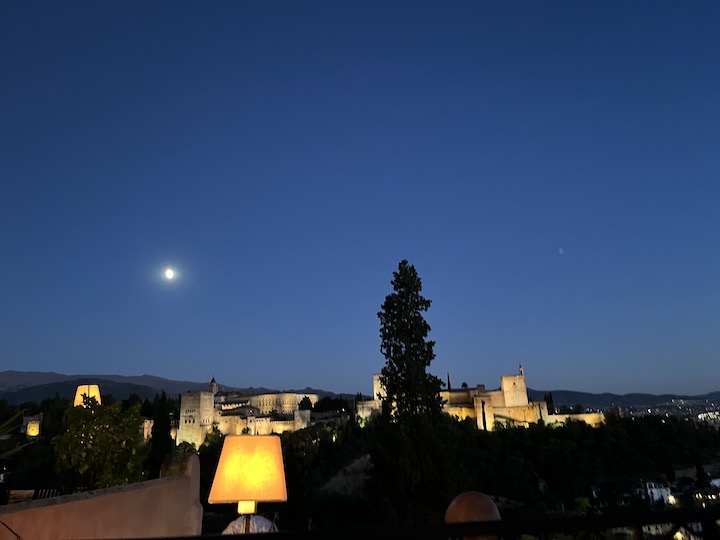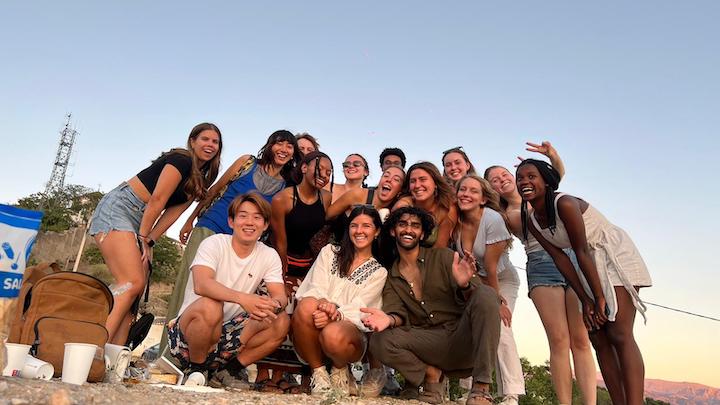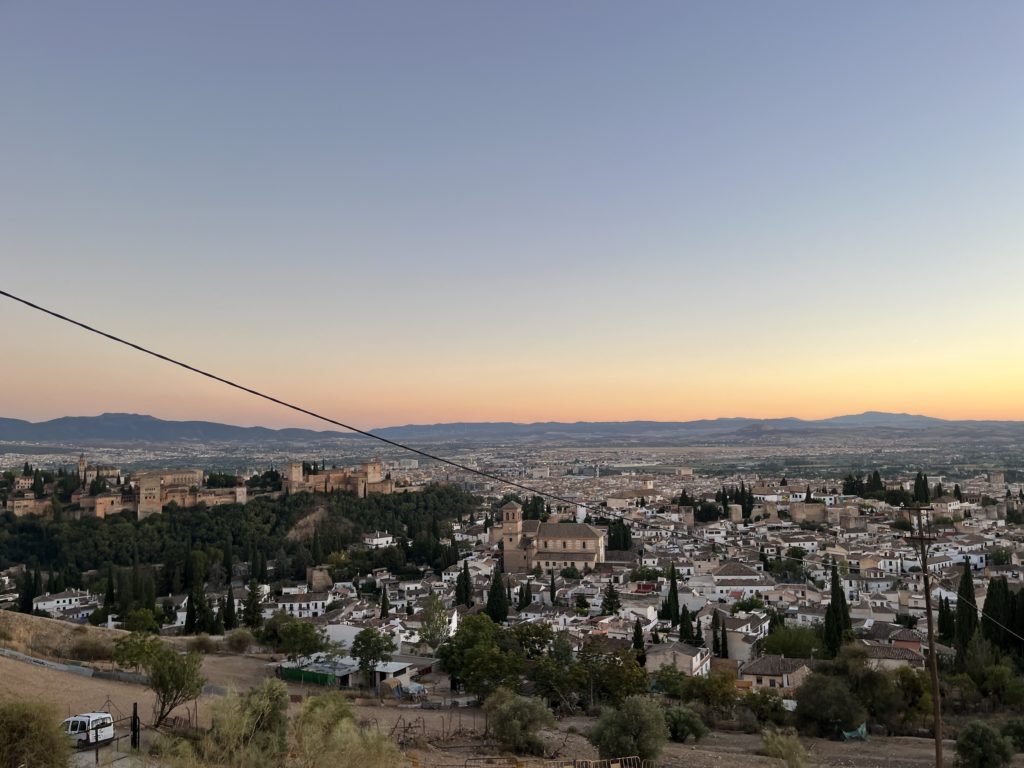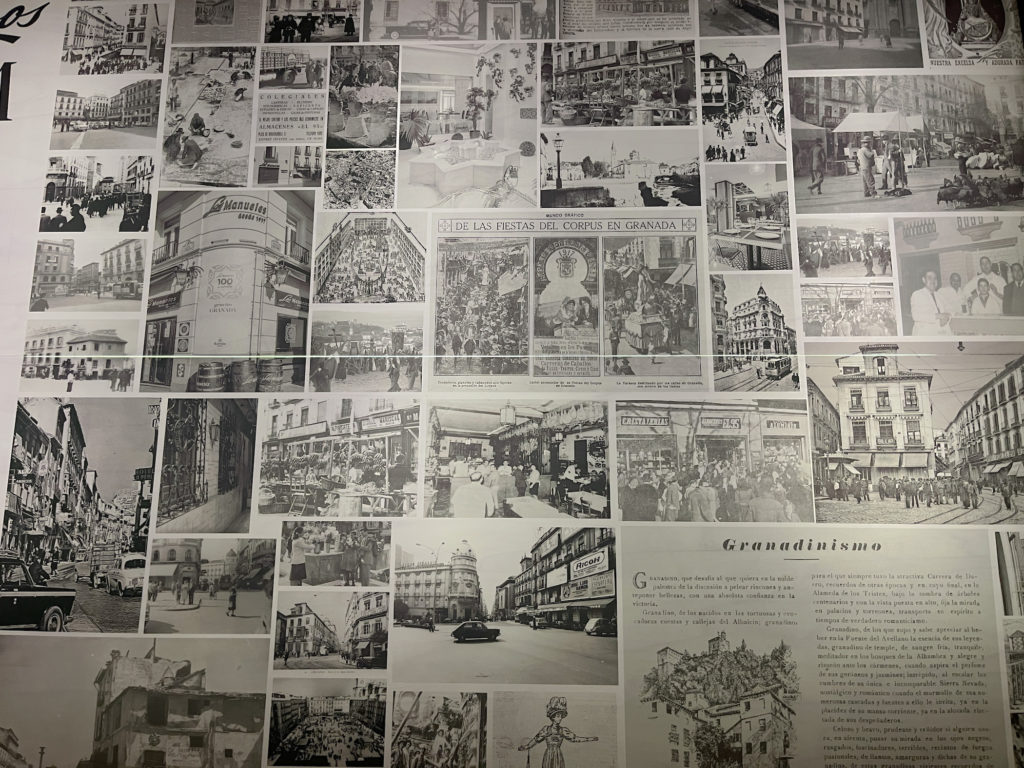


During my first reflection, I wrote about my travel anxiety, but during my final days in Granada, I wasn’t worried about my trip home, but about how I would say goodbye to an experience that forced me to mature, adapt, and which allowed me to thrive socially and academically. I wondered how I would say goodbye to my friends, professors, and to the city. True to character, I avoided the topic all-together until my very last day, reluctant to confront the ever-looming bittersweet goodbyes. Only then, on my last evening, did I begin to reflect upon how much I had grown throughout the summer. My friends and I climbed to Mirador de San Miguel Alto to gain a bird’s eye view of the city. We reflected upon all our language mistakes and misunderstandings and about our general takeaways from the experience. We said our goodbyes properly, not only to each other, but also to the summer and to Granada, the city that had brought all of us together in our journey to learn Spanish.
I am notoriously terrible at saying goodbye. In fact, at the end of freshman year I “Irish goodbyed” all my friends. Goodbyes are emotionally and physically draining. They require you to reminisce and reflect and finally, to close the chapter. Goodbyes are intentional unlike first meetings which can be spontaneous or unintentional. Although nothing about my study abroad experience this summer could be described as unintentional, I find myself awed at how many things fell perfectly into place to allow for this experience. I wanted to improve my language abilities, received the Summer Language Abroad grant, lived in a beautiful city, met some amazing study abroad friends, and studied with some amazing professors.
Embracing Spanish culture meant learning to let go of my need for control in nearly all ways. My Spanish classes weren’t as fast-moving as I was accustomed to and I worried that I wasn’t learning enough, but I learned that I had no control and simply had to adapt. This skill is one that is not valued in American (big c) culture and certainly would be a detrimental approach to academics at Notre Dame, but this summer I learned to appreciate the process, not just the product. The process of learning a language simply can’t be measured easily and, in all honesty, I think the Spanish approach helped me to improve my language skills in a more natural way. I certainly didn’t recite vocabulary words every day, but somehow, I left the experiences with an increased arsenal of words to describe my daily life. This lesson is one that I hope to bring with me as I tackle the challenges of academic life this upcoming year. The skills I have developed this summer will have concrete uses in the future, but I suspect that they will also prove to be helpful in unexpected situations. I look forward to watching how this experience is reflected in my academic and social life, as well as in my cultural attitudes. Goodbye Granada and thank you from the bottom of my heart!



